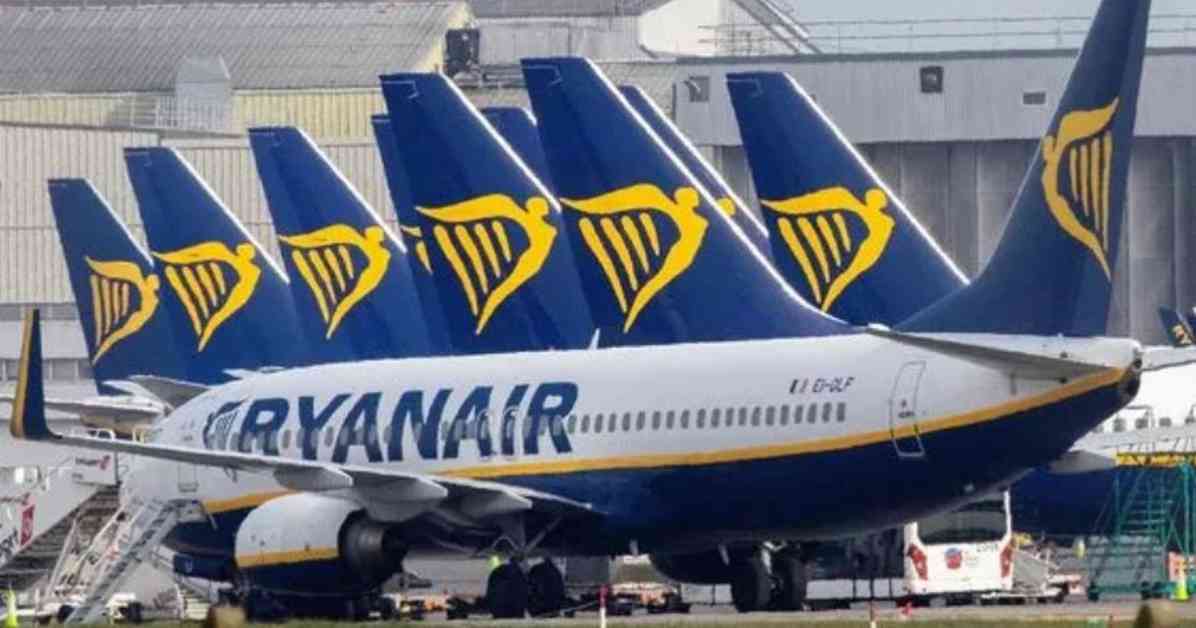Irish budget carrier Ryanair has announced its decision to significantly reduce its operations in Germany for the summer of 2025 due to high operational costs. The airline will stop flights to Dortmund, Dresden, and Leipzig, and will reduce the number of flights to Hamburg by 60%, in addition to the previously announced 20% reduction in Berlin flights. This decision comes as Germany’s air traffic recovery has only reached 82% of pre-pandemic levels, making it the weakest rebound in Europe.
Ryanair’s spokesperson, Wilson, criticized the German government for providing £5bn in support to competitor Lufthansa during the COVID crisis, which he believes has led to higher fares for travelers and residents. Despite the planned flight reductions, Ryanair has stated that there will be no job losses within the company. However, there may be broader economic consequences, particularly for the hospitality and transport sectors.
Wilson mentioned that Ryanair had presented a “7-year growth plan” to German officials, but it was reportedly ignored, leading him to criticize the government’s approach to supporting airline expansion in the country as “shortsighted.” The decision to scale back operations was also influenced by the high air travel tax in Germany, which can range from €15 to €70 depending on the distance of the journey.
Industry groups such as the BDF and ADV have warned that Ryanair’s departure could result in further challenges for Germany’s aviation sector, with Hamburg potentially experiencing more disruptions as airport fees are expected to increase in 2025. This development underscores the complex dynamics at play in the aviation industry, where decisions made by both airlines and governments can have far-reaching impacts on various stakeholders. It remains to be seen how the situation will evolve in the coming months and what measures will be taken to address the challenges facing the industry.



























